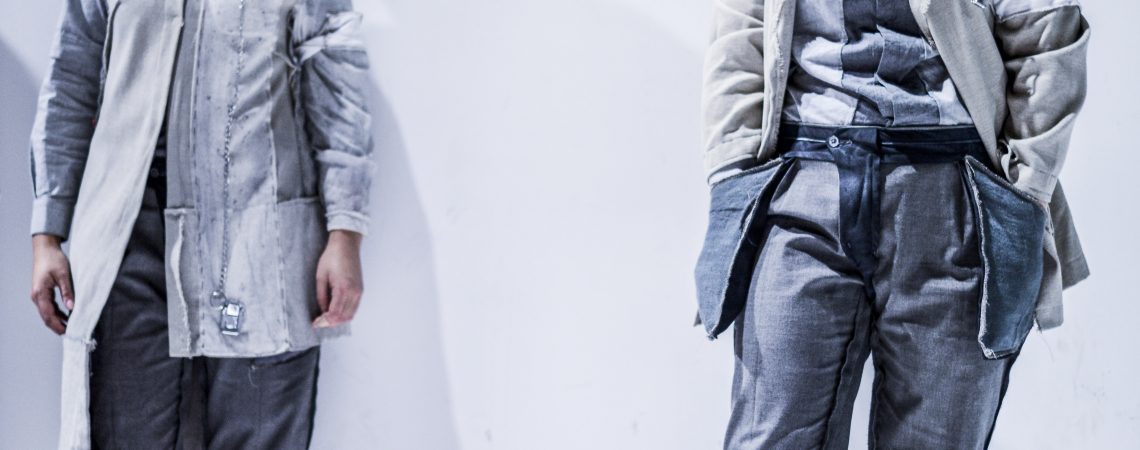
I had no idea until today just how closely linked this project was to my last. When we started exploring movement with Imogen Knight (Frantic Assembly) which led to discussions and practical work around women and their sense of entitlement to physical space and the relationship with that entitlement and the female body during puberty.
Too deep?
Why an all-female Shakespeare? Why not? I would simply love that in my lifetime that question ceased to be relevant because all-female casts of all texts had become the norm along with gender-blind casting and women feeling entitled to and therefore achieving 50% of leadership roles within the UK.
They say that I’m a dreamer… but I’m not the only one…
It is argued by some that the failure to represent women on the stage is deeply entwined with society’s wider failure to put women’s voices on an equal footing with men’s
We have only had over 450 years of all-male Shakespeare’s being the accepted norm. It wasn’t illegal by the way for women to be on stage but that’s a whole other blog. We have a strong tradition in our culture of men portraying women from the Pantomime Dame to Little Britain and I would just like to be able to understand why we don’t have a strong tradition in the other direction. I am not doing something radical and new but I am slightly concerned that it sometimes feels like I am.
Oh and here are some other reasons…
The statistics quite clearly show that women outnumber men in the acting profession and yet..
“equity has called on arts council England (ace) to introduce comprehensive and transparent monitoring of casting in subsidised theatre so that the imbalance of roles for women and men can be addressed…last year, members of equity’s women’s committee undertook research on published cast lists for a selection of subsidised theatres…of the 36 theatres surveyed only one, the Manchester Royal Exchange, appeared to have employed more actresses than actors in the 2009/10 season” Equity magazine summer 2012
But this inequality extends beyond acting in the industry
“women are seriously underrepresented on stage, among playwrights and artistic directors, and in creative roles such as designers and composers. On the other hand, women are a substantial majority when it comes to the audience. According to ipsos mori figures produced for the society of London theatre in 2012, women make up 68% of theatregoers” The Guardian 10.12.12
It is widely accepted that there are fewer roles for women but lots of evidence that there is a demand for more given the ratio of girls to boys in Youth Theatres across Britain and in applications to Drama training. Omidaze would like to, in some small way, help to address this imbalance. It is argued by some that this failure to represent women on the stage is deeply entwined with society’s wider failure to put women’s voices on an equal footing with men’s.
“the theatre world remains strangely passive in the face of overwhelming evidence of its failure to address the gender imbalance both on and off stage. Programming, commissioning and casting decisions are routinely made without any consideration of gender” Elizabeth Freestone (Artistic Director Pentabus Theatre) Guardian 10.12.12
Why Shakespeare?
Omidaze therefore wants to be proactive with regard to getting women’s voices heard and take a production further than simply gender blind casting by exploring the female ensemble and all female theatre company in more depth and with text by a playwright where out of 981 characters in 37 plays only 155 (16%)are female and out of those roles the amount with 500 lines or more is only 13%.
It has become increasingly apparent to Omidaze that in order to give more women the room and forum to express themselves artistically we must occasionally operate positive discrimination.
Glad I got all that off my chest!